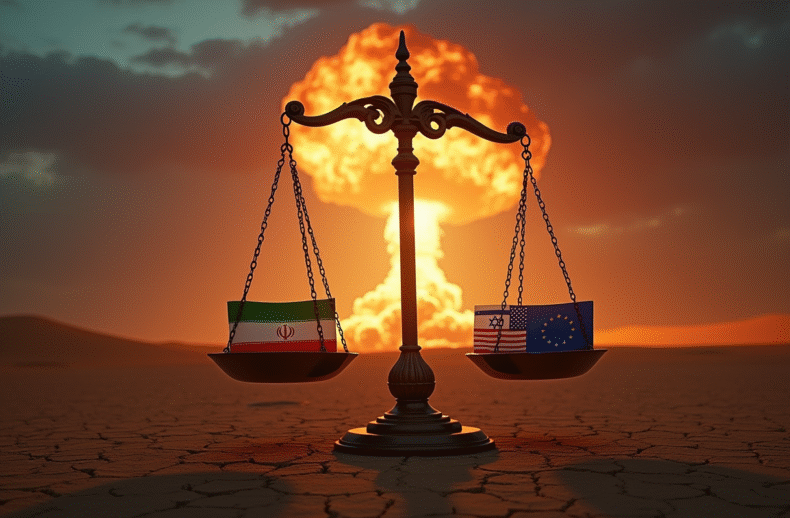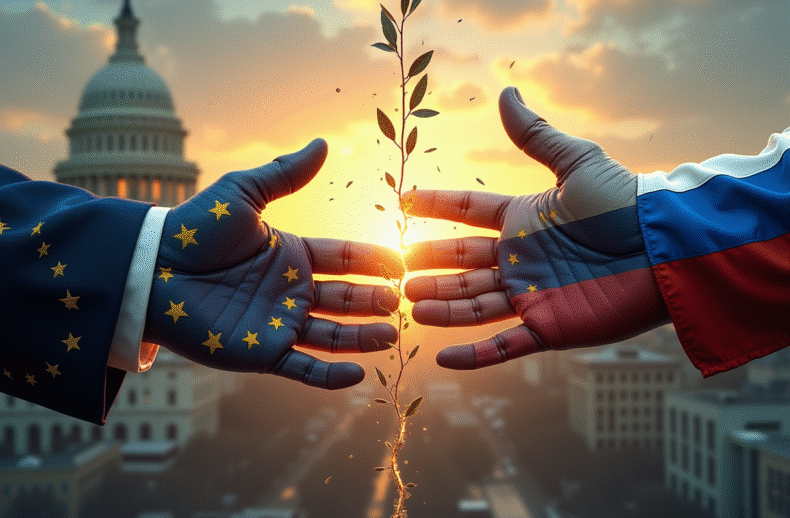Modern society is built on an invisible law: the Demand for Recognition. Elites—political leaders, financial warriors, corporate deal makers—seek recognition through dominance. The masses, though equally bound by the same drive, find it in obedience and belonging. Together they form an unequal exchange where recognition outweighs reason, justice, and even survival. Eidoism reveals this hidden architecture, showing why humanity repeatedly sacrifices its future for prestige, loyalty, and power. Awareness of this mechanism is the first step toward freedom.












